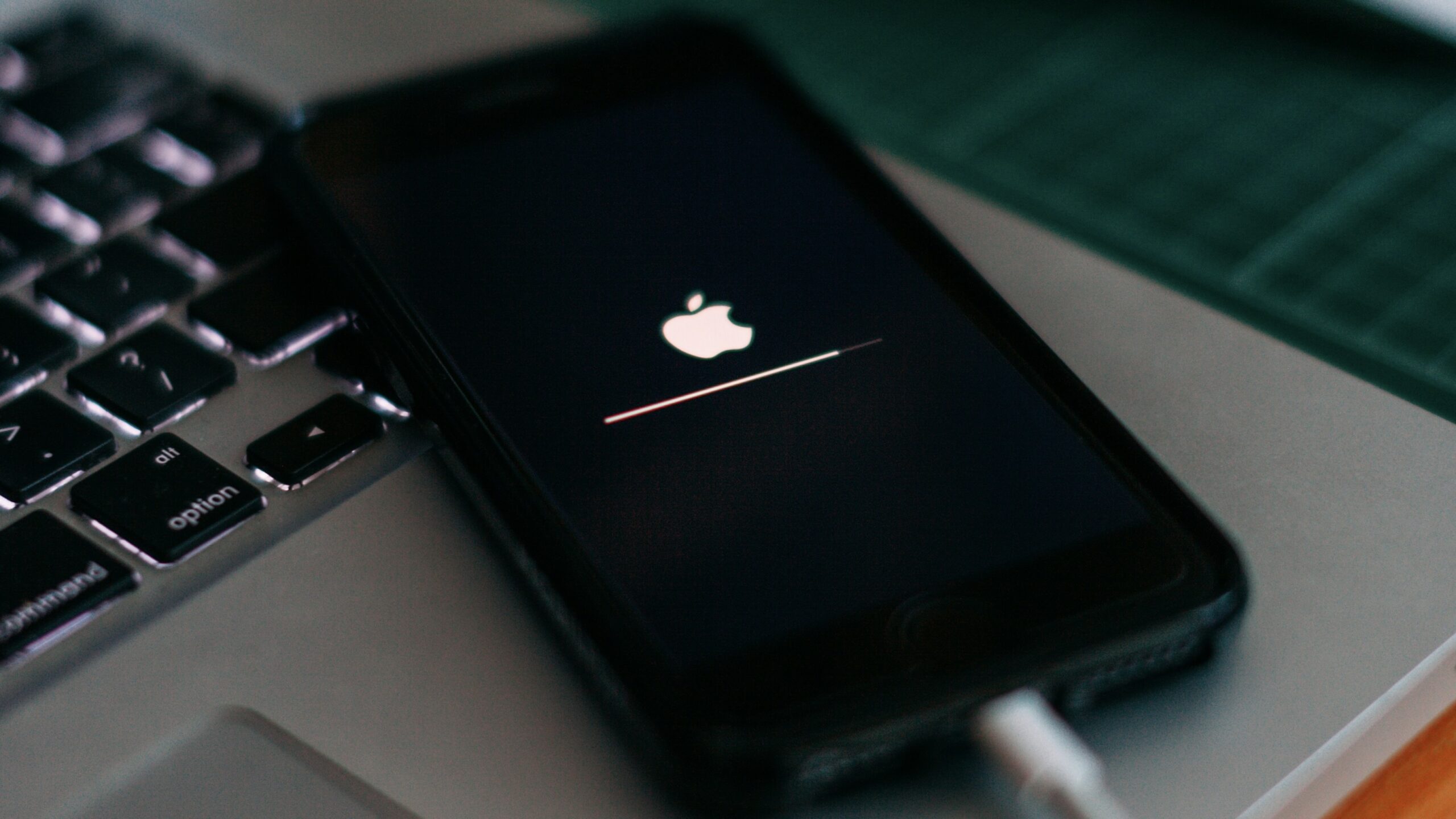It Takes a Lot to Protect Your Accounts
The security of your business often comes down to individual decisions and actions. Hackers frequently break into networks through one weak point, whether that’s because an employee left their password on a sticky note, or reused their password multiple times. Here’s how to make sure you’re keeping the hackers at bay. Step one is to make sure each of your

The security of your business often comes down to individual decisions and actions. Hackers frequently break into networks through one weak point, whether that’s because an employee left their password on a sticky note, or reused their password multiple times. Here’s how to make sure you’re keeping the hackers at bay.
Step one is to make sure each of your accounts, both professional and personal, is protected by a strong password or password equivalent. If the account uses passwords, make sure you create a strong and unique entry for that account: Do not reuse passwords across accounts. If you do, and that password leaks online, hackers will try it on your other accounts, and will be successful in breaking in.
If the account accepts a different authentication method, like passkeys, try it: Passkeys are stronger than passwords, as they’re tied to a personal device only you have access to. It’s like taking multi-factor authentication (MFA) and turning it into a password that cannot be leaked, hacked, or guessed. If the hacker doesn’t have access to your device, nor your authentication of that device, they’re not breaking into your account.
Speaking of which, you should be using MFA on any account that offers it. When set up, MFA will send a code to a trusted device when you successfully enter your password. It ensures that even if a hacker obtains your password, without your trusted device, they’re stuck. Again, this is why passkeys are so powerful and convenient, but since most of the world still uses passwords, MFA is essential to use whenever possible.
But how you keep track of all this matters, too. Please: Do not write your passwords down on sticky notes or notebooks. All it takes is for one hacker to sneak past your desk in the office and scan for any available passwords. They won’t even have to do any real hacking in order to compromise your accounts!
Keeping your passwords in something like a Word doc isn’t that much better, as all it takes is a few seconds of snooping through your PC to find. Storing them in a password-protected file is a huge step up, but the best solution is to store them in a password manager like 1Password, LastPass, or Apple’s iCloud Keychain. These solutions ensure your passwords are locked away behind a master password and encryption, and also come with plenty of features that makes accessing the passwords (and MFA codes) quick and easy.
Share This



